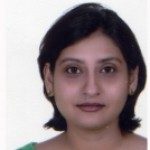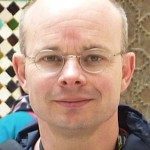Présentation
Disorders/differences in Sex Development (DSD) are defined as congenital conditions with discordant development of chromosomal and gonadal/anatomical sex and cover a wide range of phenotypes that involve the endocrine and reproductive systems. In the last 30 years, we have put together a large collection of biological material from patients with urogenital anomalies, through collaborations with clinical centers worldwide. Much of our research on SD focuses on the genomic analysis of individuals with errors of SD (XY gonadal dysgenesis or XX testicular DSD). This unique biological resource has been central to the identification of genetic factors involved in SD and how variation in these genes leads to DSD. The genomic analysis, using whole genome/exome sequencing of sex-reversed individuals, continues to be a powerful tool for discovering novel genes and regulatory elements required for human SD. The genomic approach will be extended to include burden analysis to identify variants causing or contributing to sex-reversal.





